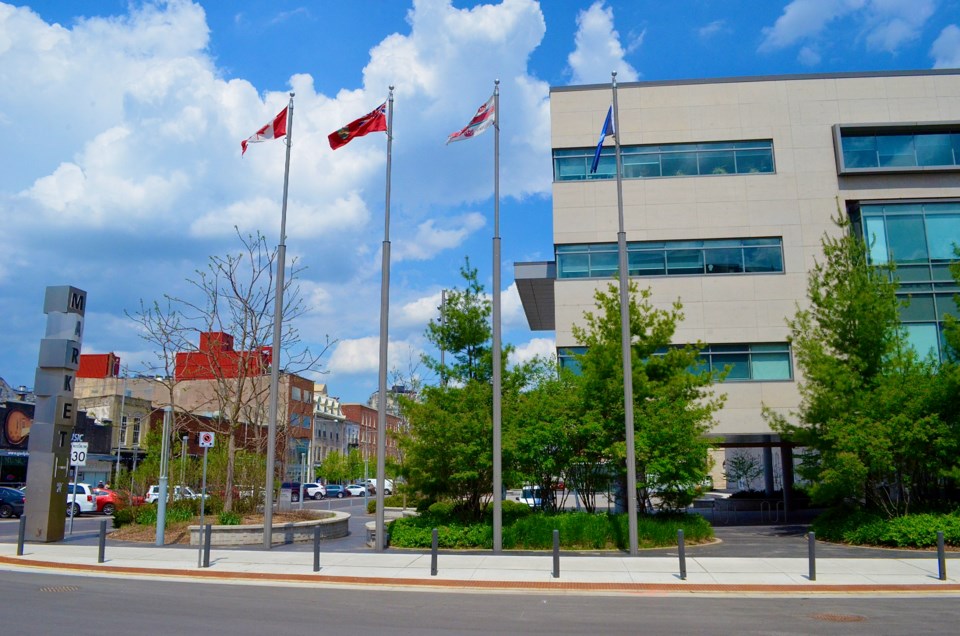In the face of budget pressures and anticipated property tax increases, city officials are looking to permanently shift $2 million away from the annual redevelopment incentives fund to be put toward other city business.
“It’s about making sure we’re investing wisely,” said John Regan, the city’s general manager of economic development, explaining most of the city’s community improvement programs (CIPs) have “run their course” and don’t require the funding they have had … for now.
“We’re looking at alternatives,” he added, referring to both the kinds of CIPs offered and their funding source.
Redevelopment incentive grants provide financial assistance for heritage and brownfield projects throughout the city, as well as CIPs in Downtown Guelph, such as facade improvements.
If approved by council, the funding reduction would have the effect of lowering the property tax increase by 0.75 per cent, draft budget documents indicate. That reduction has already been factored into the proposed 3.64 per cent increase – without it, the hike would be 4.39 per cent.
Council will be formally presented with the draft budget on Tuesday, beginning at 9 a.m., with a special meeting next Thursday evening to hear from delegates. A decision meeting is set for Dec. 2.
“This is an example of a difficult decision city staff have proposed to prioritize other competing service demands,” deputy CAO Jayne Holmes said via email of the proposed funding reduction. “Development is happening without incentives in place and as an organization, we need to be as strategic as possible in our investments to incent the things that align best with the long-term goals and objectives of the organization.”
Redevelopment incentives typically see $3.175 million in annual funding, though council redirected $2 million of that for 2021, with funds going to support the city’s efforts to reach 100 per cent renewable energy use by 2020, as well as contribute toward the building of a new main library.
That funding reduction is now proposed as a permanent move, “partially offsetting current and future year budget pressures,” notes city treasurer Tara Baker in an email.
“This doesn’t preclude council from rebuilding this budget back up into the future once there is a new CIP strategy in place,” she said. “This recommendation is simply looking at our base budget, and making appropriate adjustments based on current approved program service levels.”
The remaining $1.175 million in the redevelopment fund is enough to cover off current commitments, noted Holmes.
An economic development and tourism strategy is expected to be presented to council for consideration on Dec. 6, while a report on community improvement programs, with recommendations on which initiatives to offer, is slated for next year.
“It’s very important for us to take some time to look at CIP very carefully in the pre-post pandemic world,” said Regan. “It’s going to reflect what our community needs as far as development and take a look at what the impacts of COVID have been.”
Alternative funding models for CIPs will be considered as part of that report. One options being looked at is using proceeds from the sale of lands within Hanlon Creek Business Park.
Phase 3 of the industrial park will be put on the market next month, Regan noted.
